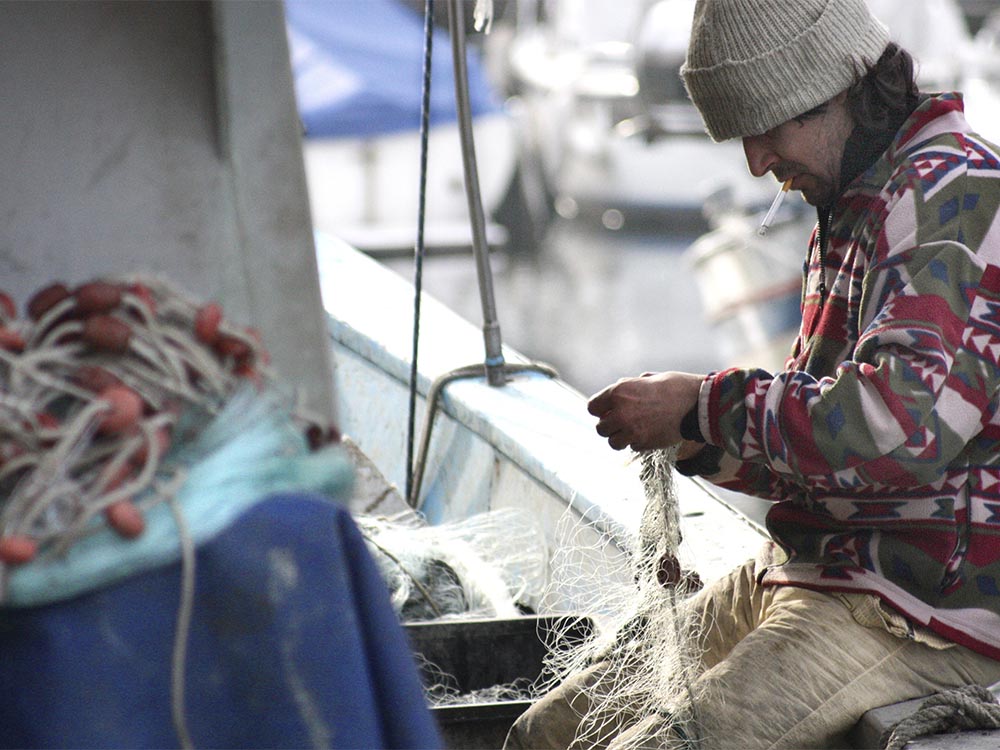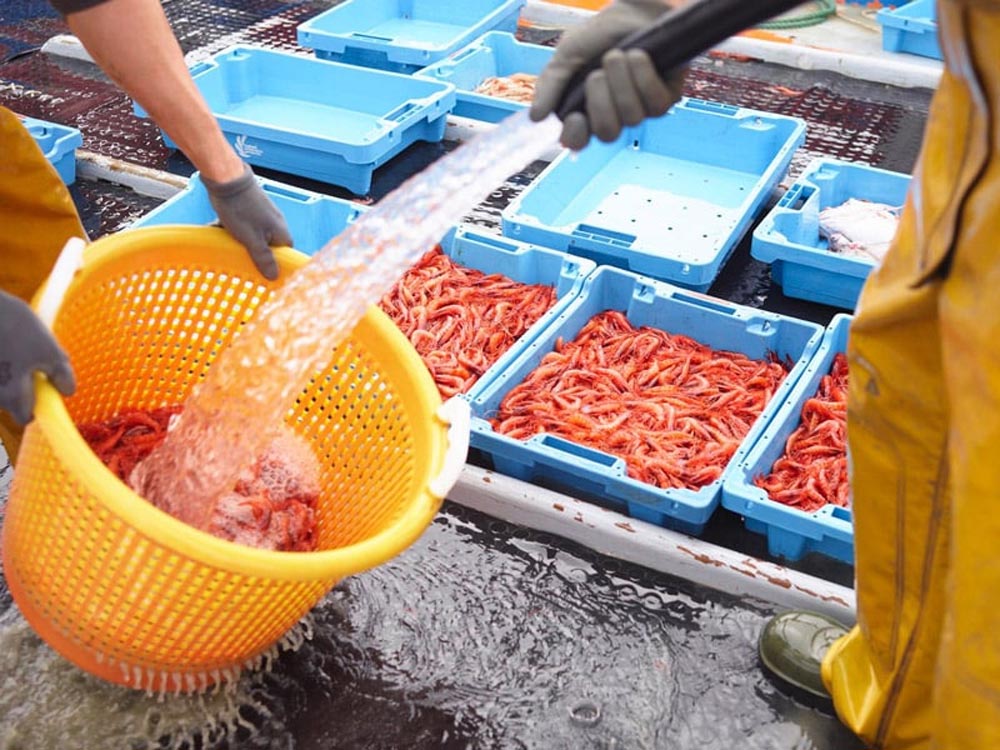FishMPABlue 2
Fishing governance in MPAs: potentialities for Blue Economy 2Project presentation
The FishMPABlue2 project is the follow-up of the FishMPABlue project (July 2014-June 2015) funded by Interreg MED Programme. FishMPABlue carried out an analysis of the management of small scale fishery (SSF) within and around a set of Mediterranean MPAs, and developed a “regional-based governance toolkit” to strengthen MPA management capacity of SS. The FishMPABlue Project aims to test this toolkit to demonstrate its effectiveness. The project highlighted that fish stocks are healthier, fishermen incomes are higher and the social acceptance of management practices is fostered (in other words a successful management of small scale fisheries is reached) if a set of attributes is present in an MPA. Among these attributes: high MPA enforcement, presence of a management plan, fishermen engagement in MPA management, fishermen representative in the MPA board, and promotion of sustainable fishing.
The aim of FishMPABlue 2 is to test in the field the toolkit developed during FishMPAblue with a number of Pilot Actions (in the form of MPAs), to assess and quantify its effectiveness in achieving expected results in terms of MPA ecological effectiveness, benefits delivered to small scale fisheries and social acceptance of management measures by stakeholders.
Partnership
Lead partner
Federparchi – Europarc Italy (Italy)
6 Partners
7 Associated partners
11 Pilot sites
7 Countries
Key messages
For managers
-
The three key components of a governance system based on co-management principles for sustainable management of small-scale fisheries are:
- the existence of a SSF management plan;
- the establishment of an effective enforcement system;
- the engagement of fishers in the MPA-related SSF governance
For policy
-
Involve small-scale fishers in the MPA establishing process, especially for zoning and SSF regulation;
-
Provide MPAs adequate resources for enforcement and monitoring;
-
Integrate conservation and development as well as with other forms of marine environment management, such as FRAs, etc.
For science
-
Integrate environmental and socio-economic monitoring methods;
-
Involve fishers in data collection;
-
Establish stable and permanent monitoring systems.





